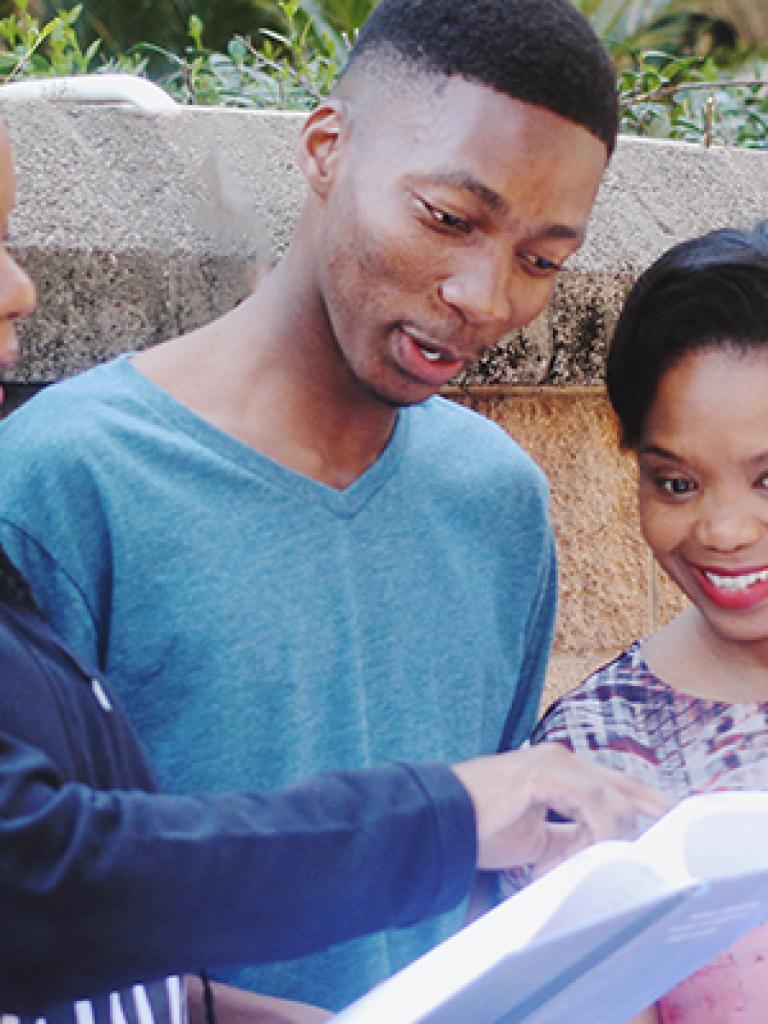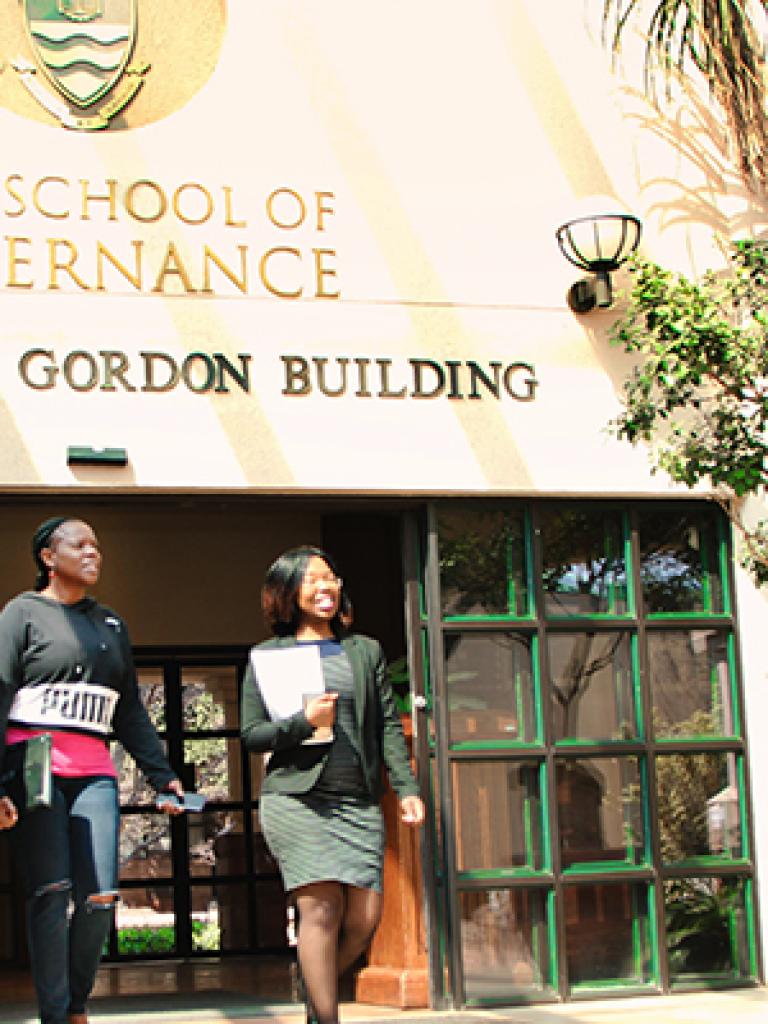Master of Management (Research)
This Master of Management degree is a pure (100%) research degree. In contrast to the Master’s degree by coursework and research, this degree involves developing a conceptual or theoretical framework and a more wide ranging literature review.
Programme Information
- Overview
- Research stages
- Guidelines for proposed research
- Entry Requirements
- University application process
- University Fees and Funding
The research methodology is larger in scope and often includes a theoretical aspect. A publication is often expected from the dissertation. If you choose to do this degree rather than by the more supported coursework and research route, we expect that you will drive this process and take responsibility for developing and improving your knowledge in the specialist area that you are researching.
It is not a quicker alternative to a MM by coursework and research. It requires the self-motivation to drive your own learning process. When considering your application, we pay greater attention to your evidence of writing and critical thinking in the selection process.
This degree comprises three stages:
Stage one: Preparation
This begins during the Social Theory course. At the end of the course (within 6 months), students should be able to present and successfully defend a short research proposal (5000 words) to a panel of academics within the school. The proposal should provide evidence of an ethical and feasible research project to the standard of a Masters by dissertation degree. The proposal and panel should indicate that the candidate possesses the required critical thinking, reading, and writing skills to continue onto the next step of research development.
Stage two: Research
During this time, students will be attending required courses, seminars and student conferences organised by WSG and the wider university community.
Stage three: Examination
The degree is awarded to candidates who have critically investigated and evaluated topics resulting in an independent research investigation and mastery of a particular field of knowledge. Each dissertation is assessed by two examiners who have appropriate academic qualifications, relevant expertise in the field of research and a suitable level of experience in examining research degree submissions.
The research is allocated a mark which is approved at the School Postgraduate Studies Committee and the Faculty Graduate Studies Committee.
The initial proposal reflects your commitment to study and your initial understanding of the topic and area that you would like to research. You should aim for it to be clear, coherent, and clearly indicating why it is interesting and motivating to you. The main purpose is to enable us to see that you are capable of critical independent thinking, can communicate your ideas clearly and that there is a match between what you want to study and our areas of available research expertise.
You are not expected to be familiar with the specific details of your subject, but you do need to show that you have a good level of knowledge about the subject and where and how you might be able to make a valuable contribution. If you are accepted for entry into the programme, you will not be expected to follow the proposal exactly as we assume that an inevitable part of the research process involves refining and clarifying your ideas and your proposal will develop through exposure to research methodology and techniques, discussions with staff and your supervisor and with other students.
Proposal structure:
You need to provide information on the following:
Working title: This will be indicative and tentative at this stage but is helpful for indicating the key words that will signal your area of interest.
Introduction/background
Briefly indicate the focus of your study and put your study in context. Provide any background knowledge needed to understand the reasons why this research is important. Provide any contextual and historical information necessary to frame the study.
Literature review: Summarise and analyse what you have read on issues related to your research focus and build up an argument for why you need to do this study. How does your proposed study link to work others have done in your proposed field of study? How does it support the need for your proposed study? What theory or theories from the literature might help in developing a conceptual or analytical framework?
Statement of the problem, purpose, and research question: State the research problem that your research attempts to address. This should indicate the research problem, the context, the knowledge gap (where your research fits into what has been researched before and why there is a need for this research). The purpose states the broad goal of the research and how you will close the knowledge gap you have identified. Indicate your main research question clearly (in the form of a question). There is usually one main question and perhaps one or two sub-questions. Make sure this research question connects to your problem and purpose statement. If your research is quantitative or involves mixed methods, you will have a hypothesis or hypotheses indicating relations between the constructs you are investigating which you will talk about in the literature you discuss.
Research methodology: Explain how you intend to answer your research question, and if relevant, test your hypothesis(es). Include statements on your proposed research strategy (qualitative, quantitative, or mixed) and why it is appropriate for answering the research question you wish to ask. Comment on your research design e.g., case study, experimental, longitudinal, ethnography etc. and your research methods (interviews, questionnaires, analysis of official statistics, documentary analysis etc.), the location and availability of data, and possible methods of analysis. Are there any difficulties that you might encounter in doing this research and do you think they can be overcome?
Expected Outcomes: How does this study make an original contribution to knowledge, advance theoretical understanding and/or contribute to policy or practice?
List of References: You will need to provide a list of any sources, such as key articles or documents that you have referred to in your proposal using a common referencing style in the Social Sciences (e.g., APA, Chicago). Many university websites provide guides for students. The information provided in your in-text citations and reference list must be complete and accurate.
Layout: The proposal that you submit with your application should be approximately 2000 words in length.
Preparing for your proposal: It is important to show that you have background knowledge of the area in which you wish to work, are familiar with some key literature in your field of interest, have identified some key findings and some researchers doing work in this area. You can use Google Scholar (where you can get access to some articles and most abstracts) to locate articles or literature that is available on Google. Articles are also available on author’s websites, the repository of their University or research organisation or places like ResearchGate. Most authors will be willing to email you copies of published research if you contact them directly. Many universities also allow their Alumni access to their libraries. You should also familiarise yourself with the academic staff available in the School to supervise based on their areas of expertise and research and contact them to establish if your proposed area of research fits with their expertise and interest. Remember that your research proposal creates a first impression of you and your competence to undertake a postgraduate study. Give it time and attention but remember that you are not expected to know everything at this stage.
The minimum criteria for consideration for admission are:
- A three-year Bachelor’s degree (or equivalent) and
- An Honours degree or Post-Graduate Diploma with a minimum of a 65% average. This could be a degree from the Wits School of Governance or an Honour’s degree in a cognate (similar) discipline.
- Availability of an appropriate supervisor. Even if you meet the minimum admission criteria, we may still not be able to offer you a place if our supervisory capacity is limited in terms of numbers and/or the areas of expertise in which we are able to supervise at a research degree level. Information of our staff and their areas of expertise can be found on our website at WSG Staff.
When lodging a formal application, you will be required to submit the following documentation:
- A brief letter of motivation indicating why you would like to study for your degree at the Wits School of Governance. Please ensure your letter of motivation is addressed to the Wits School of Governance and speaks to the degree for which you are applying.
- A curriculum vitae, detailing your degrees and your employment experience.
- Official transcripts of your qualifications showing degree, courses, and results (if you are still studying for a qualifying degree, please provide your interim mid-year results).
- Your graduation certificates (certified copies).
- A 2000-word outline of your proposed research (guidance offered below).
- Verification and comparison of any foreign qualifications from the South Africa Qualifications Authority (SAQA) if you completed your degree at a foreign institution. IELTS Language Proficiency scores (if your previous qualification was not through the medium of English).
IMPORTANT: Your application will NOT be assessed if it is not COMPLETE i.e., ALL supporting documents have been uploaded. The Student Enrolment Centre (SEnC) will communicate with you via email if any documents are outstanding. Please check your self-service portal to ensure that your application has been marked as COMPLETE. If it is INCOMPLETE, please communicate with your allocated consultant at SEnC.
Click here to see the current average tuition fees. The Fees site also provides information about the payment of fees and closing dates for fees payments. Once you have applied you will be able to access the fees estimator on the student self-service portal.
For information about postgraduate funding opportunities, including the postgraduate merit award, click here. Please also check your School website for bursary opportunities. NRF bursaries: The National Research Foundation (NRF) offers a wide range of opportunities in terms of bursaries and fellowships to students pursuing postgraduate studies. External bursaries portal: The Bursaries South Africa website provides a comprehensive list of bursaries in South Africa.




